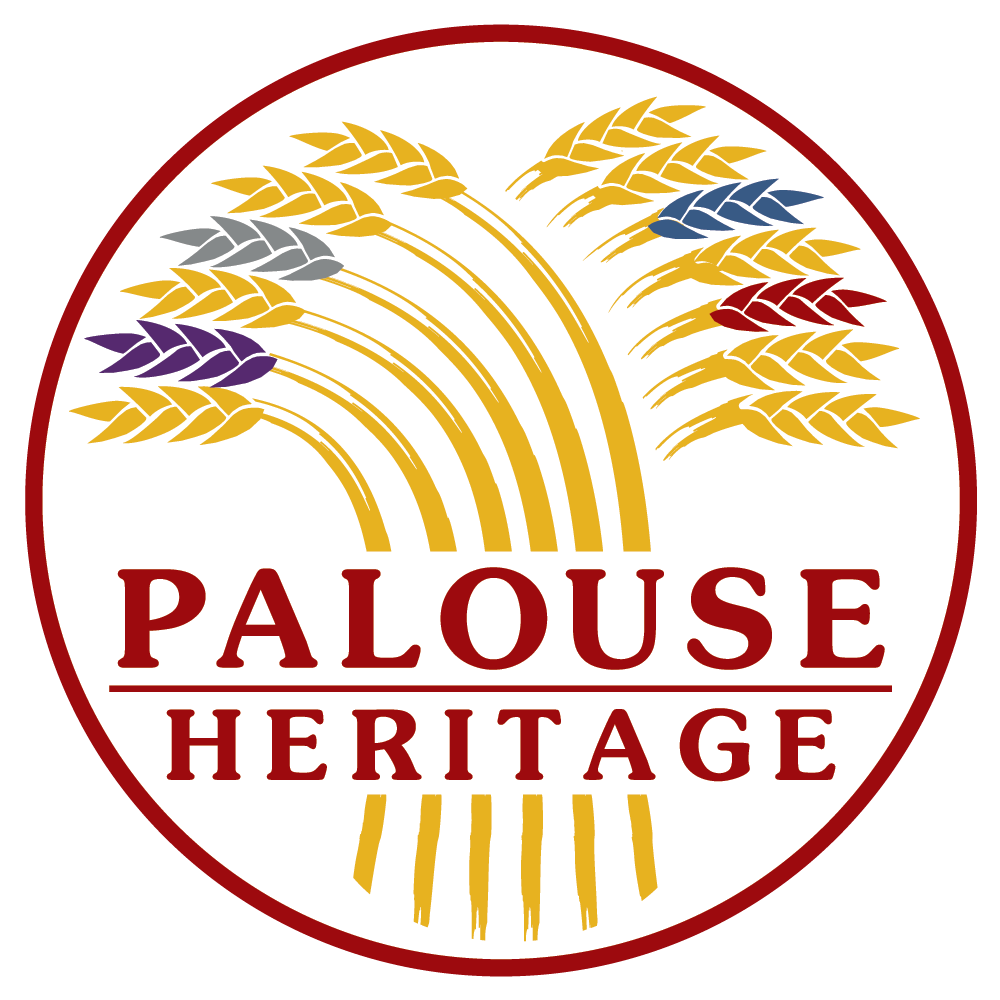Thanksgiving History and Wishes from Palouse Heritage
This week of gratitude for family, friends, and the earth’s bounty seems an appropriate time for us to commence The Palouse Commoner blog and newsletter. The ancient Greeks considered agriculture on of the “cooperative arts” (like medicine and education), because farming requires the “cooperation” of worker and land. Farming was not something to be done “to” to the earth, but “with” it, and in that spirit we are very grateful for the partnership of many others this past year at Palouse Colony Farm whose valued contributions have brought us to this point.
Traditional American Thanksgiving commemorations are heir to influences from early Pilgrim colonists and their Native American neighbors, as well as later European immigrant groups with their distinct harvest feast customs. Longer growing seasons in North America led to later commemorations of harvest festivals, and today’s popular county and state fairs in late summer and fall continue this tradition of agrarian spectacle, revelry, and fellowship.
President George Washington issued the first national Thanksgiving proclamation in 1789, the year of his inauguration. He designated the last Thursday in November “to be devoted by the people of these States to… the Beneficent Author of all the good that was, that is, or that will be.” This time was associated with the growing New England Thanksgiving tradition and observations of Christian Whitsuntide and the Jewish Feast of Ingathering (Sukkot, or Tabernacles). Some governors and denominations, however, objected to civil involvement in religious affairs so the day came to be celebrated according to regional preferences, or not at all.
One of the 19th century’s most tireless advocates for a true nationwide commemoration of Thanksgiving was longtime Ladies’ Magazine Boston editor Sarah Josepha Hale. Launching her crusade in 1827, Hale wrote hundreds of letters to public officials to further the cause, and in 1863 composed an influential editorial offering explicit association between Thanksgiving and Old Testament tradition: “Can we not then, following the appointment of Jehovah in the ‘Feast of Weeks,’ or Harvest Festival, establish our yearly Thanksgiving as a permanent American National Festival which shall be celebrated on the last Thursday in November in every State of the Union?” Hale’s magazine provided a forum for many of era’s finest writers whose works, like these lines from Longfellow’s “Thanksgiving,” she featured to advance her abiding campaign:
“When first in ancient time, from Jubal’s tongue
The tuneful anthem filled the morning air,
To sacred hymnings and Elysian song
His music-breathing shell the minstrel woke.
Devotion breathed aloud from every chord:
The voice of praise was heard in every tone….”
Such language sounds rather excessive to our 21st century ears, but they seem to have helped turn the tide. Hale’s plea reached the White House, and on October 3, 1863 President Lincoln designated the last Thursday in November as an annual national observance of this special holiday. In honor of this rich historical tradition and Providence's blessings, we at Palouse Heritage would like to wish you and your family a very happy Thanksgiving!

